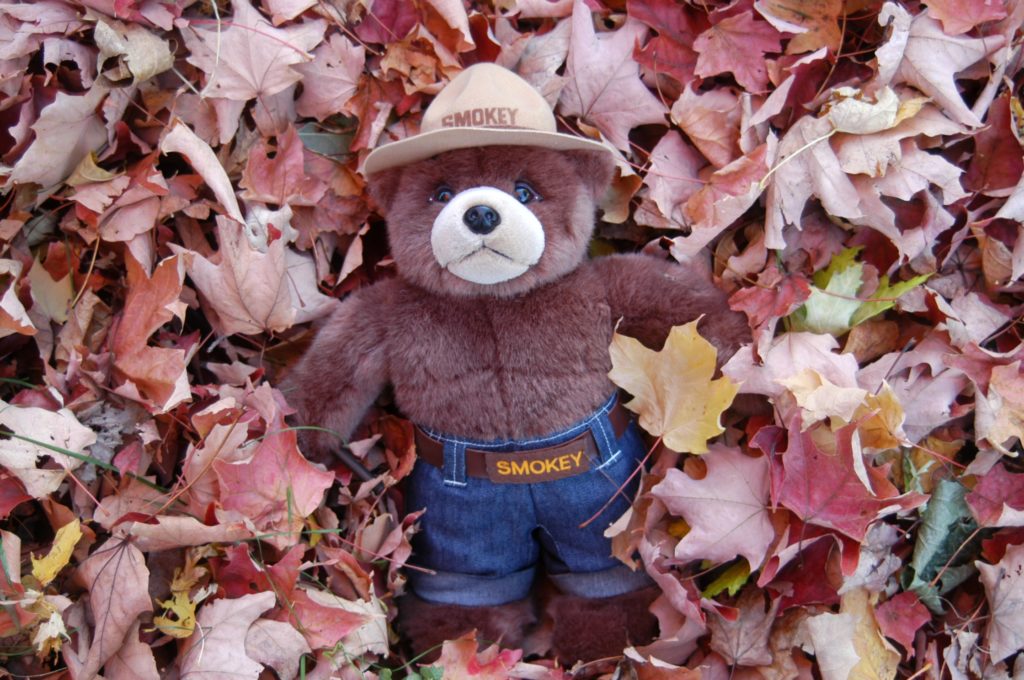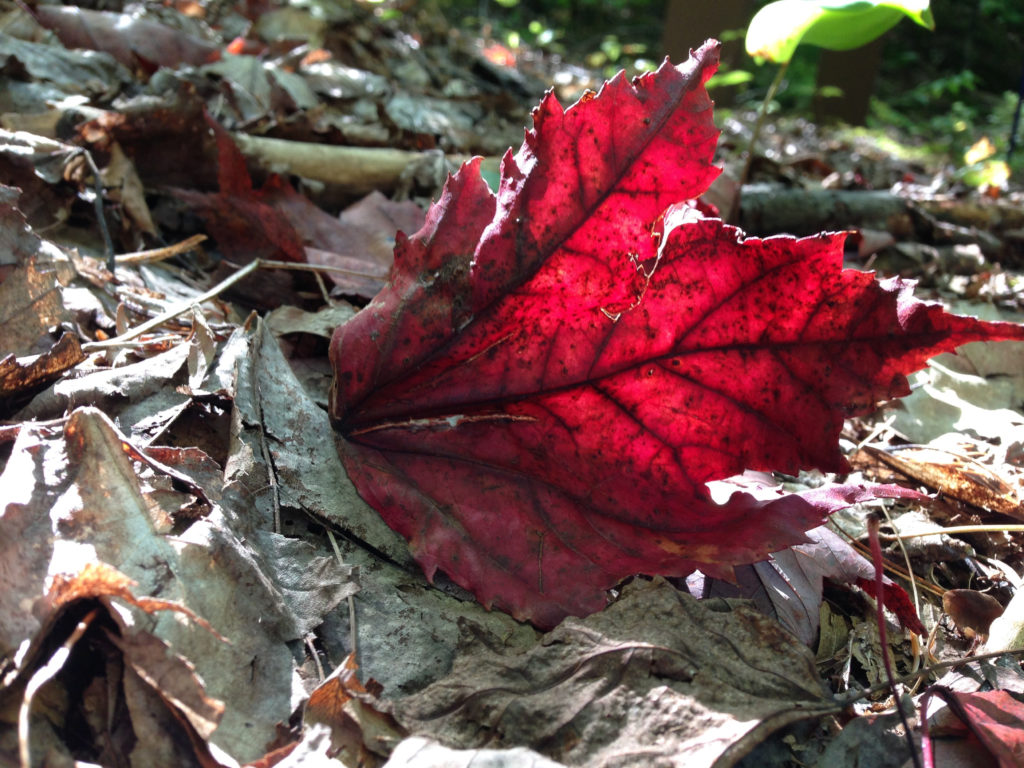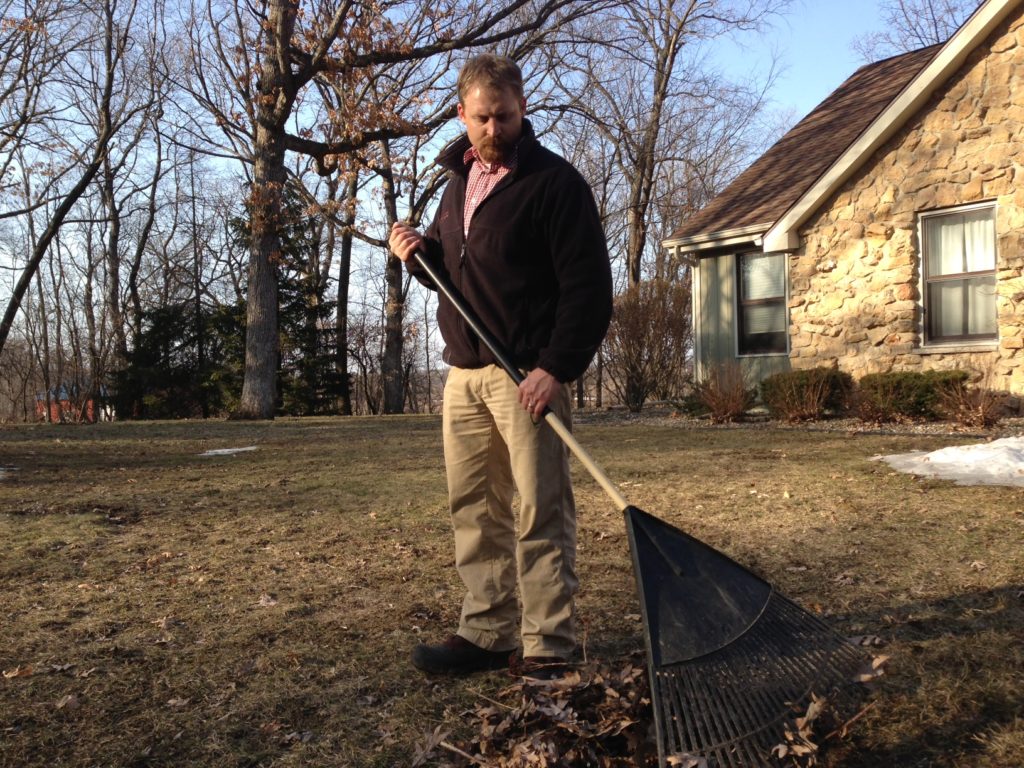 That swish and crunch of autumn leaves underfoot is the sound of opportunity as home composting grows in popularity around the state. By composting and mulching fallen leaves, Wisconsin residents are improving the state’s air quality, reducing wildfires, and giving their communities an economic boost.
That swish and crunch of autumn leaves underfoot is the sound of opportunity as home composting grows in popularity around the state. By composting and mulching fallen leaves, Wisconsin residents are improving the state’s air quality, reducing wildfires, and giving their communities an economic boost.
Wisconsin generates about 500,000 tons of compostable waste materials, like yard clippings, leaves, branches and food scraps, each year. As composting becomes easier and more popular, these materials are kept out of landfills and reused to make valuable garden products. Composting leaves also reduces burning in fall and less burning means healthier and more beautiful air all year long, and less chance of a spark starting a wildfire.
Using leaves for mulch and compost can save individuals money on fertilizer and save municipalities money on yard waste collection and relieves communities of the hazards of burning. Because of these economic and environmental benefits, the DNR continues to work with nonprofits, local governments and businesses to facilitate the growth and expansion of composting operations in Wisconsin.
 Mulch leaves in place
Mulch leaves in place
Leaves are rich in carbon, phosphorus, and potassium, which are all essential nutrients needed by plants and turf grasses. Mowing leaves along with the grass during fall can promote healthy, beautiful lawns, and raked leaves can be collected and used as winter ground cover for insulating gardens, tree roots and shrubs.
Check state and local burn restrictions
State waste management, air quality and fire rules restrict the burning of yard materials in Wisconsin. A growing number of communities also have local rules in place that further restrict or completely prohibit burning yard waste. Wisconsin residents should see if burning is allowed or they may need approval to burn from a waste and air perspective, keep an eye on the changing fire danger and check local burn restrictions for wildfire prevention prior to burning or avoid burning entirely. 
Compost at home
There are many easy ways to start a home compost pile. Mixing compostable “browns” (like fallen leaves, dead plants, dried grass clippings and small branches) with “greens” (like fresh grass clippings, green plants, fruit, vegetable and bread scraps or coffee grounds) produces compost that can be sprinkled into lawn soil or used in a garden to provide nutrients and reduce the need for fertilizers.
Keep leaves handy for next season
Dry leaves keep well in plastic bags, and many people keep a few bags of leaves from the fall to add “browns” to their compost piles or mulch to their yards throughout the year.
Free tips and resources for composting are available by searching “compost” at dnr.wi.gov. They include simple steps that residents can start this year. For more reuse and recycling ideas to use throughout the year, visit dnr.wi.gov and search “recycling for all seasons.”
